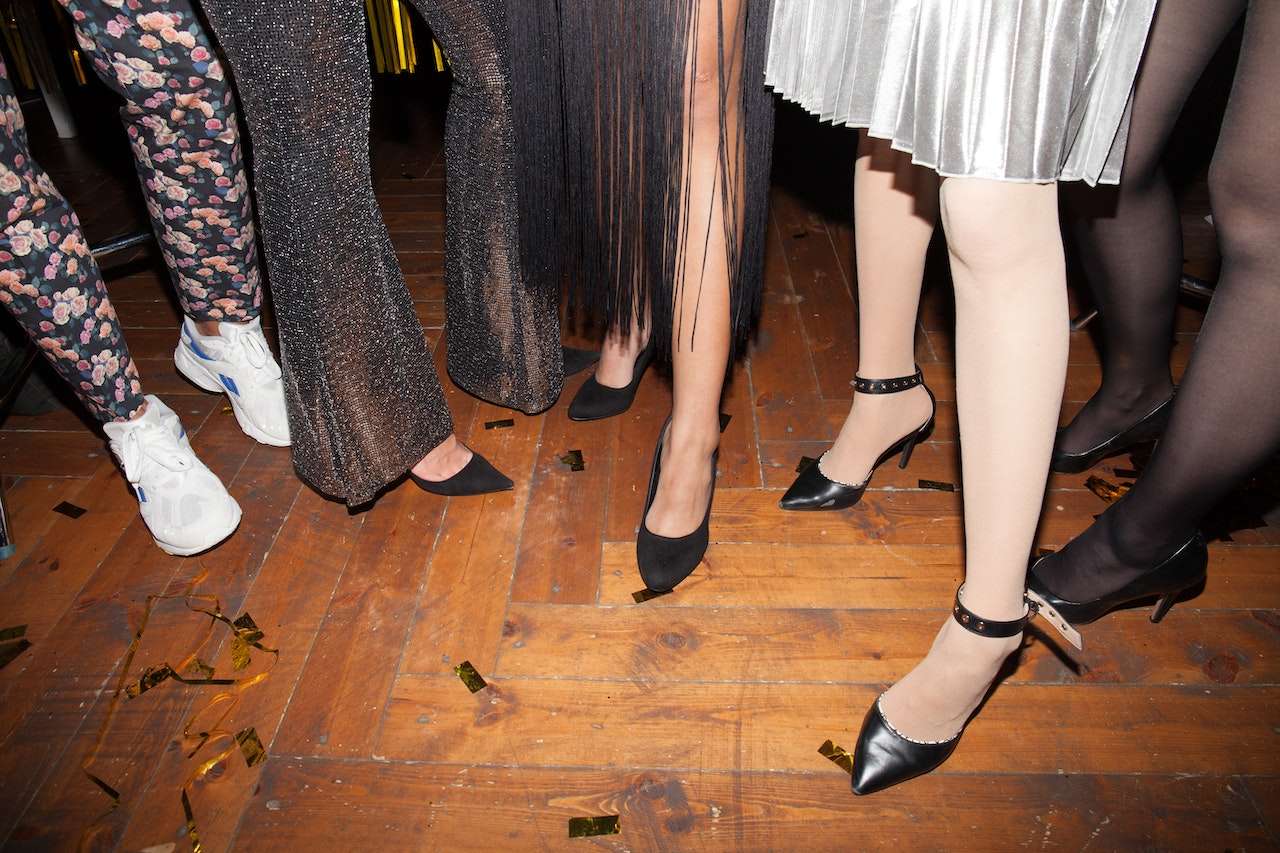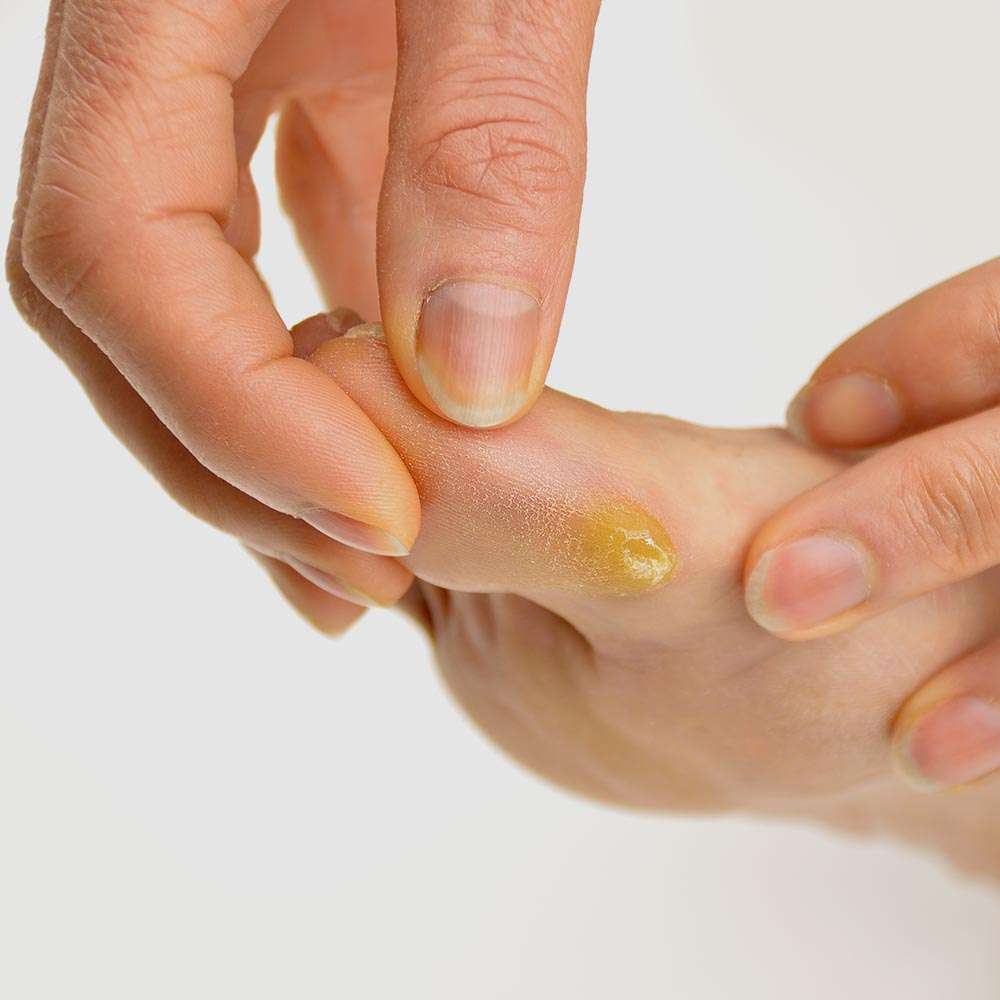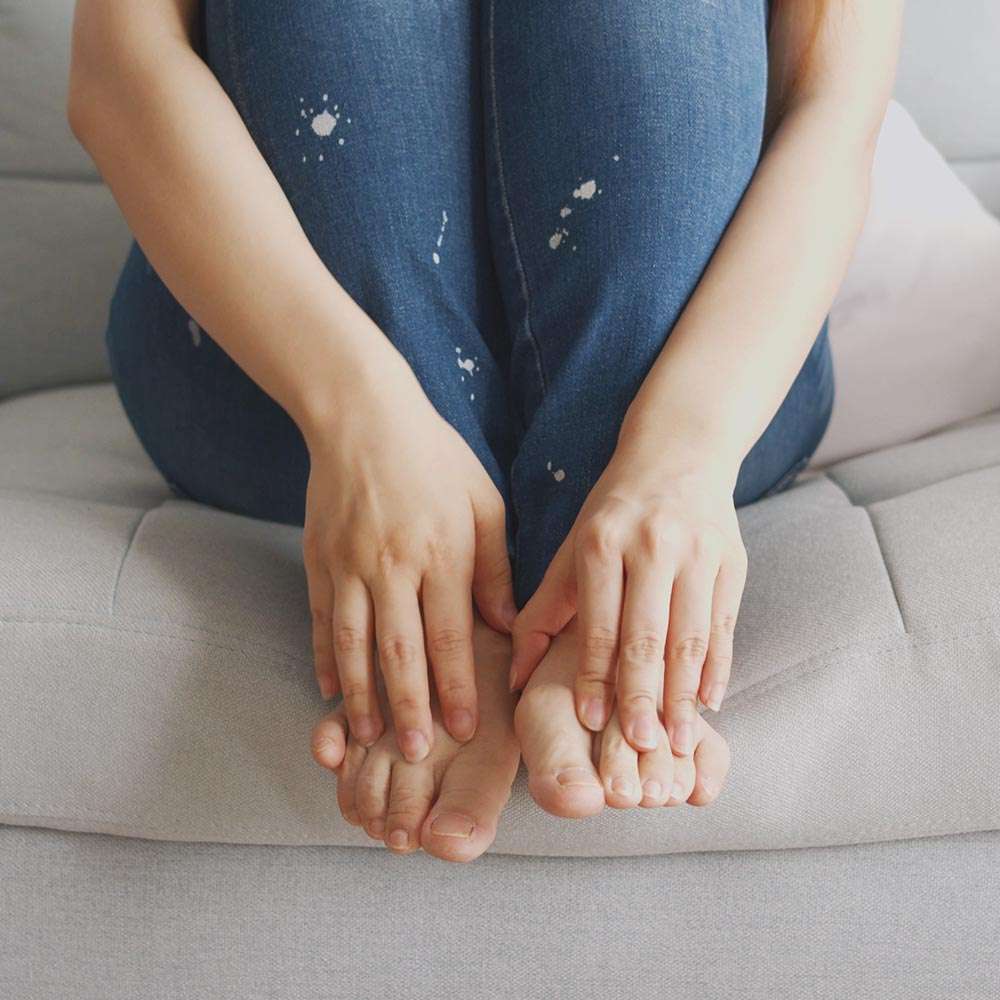Calluses on the hands and feet can be a source of irritation and pain. Yet they are often misunderstood, with people unclear about what causes them and what they can do to avoid calluses or treat them once they happen. With this in mind, we have created this guide to the top 5 causes of calluses and what you can do to prevent yourself from falling into the traps.
Top 5 Causes of Calluses and How to Avoid Them

Jump to:
Top 5 Causes of Calluses
Ill-fitting shoes
Shoes that are either too big or too small can be a great source of irritation for your feet. They can rub on the toes and knuckles of the feet, or even the heels, causing calluses to develop. These can be further aggravated every time you wear the shoes, with no time to heal fully.
Repetitive motions
As mentioned, repetitive motions are often the source of calluses. This is particularly true for people who play sports or musical instruments and those whose jobs involve repetitive actions. Over time, the skin hardens, and a callus develops. In some cases, this can benefit the individual, such as when playing the guitar. But even experienced sports people or musicians can also suffer pain and discomfort if overexposed to this repetition
Standing for long periods of time
The feet are particularly susceptible to calluses because they feature so many lumpy and bumpy parts and also because we spend so much time in shoes. If you work in a job that involves spending a lot of time on your feet, it is not uncommon for calluses to develop around the toes and knuckle joints.
Certain medical conditions
Certain medical conditions can cause the development of calluses. One of these is pachyonychia congenita, which affects the skin and nails. Fortunately, this is quite a rare condition. However, some people are more genetically predisposed to developing corns and calluses than others, without it being diagnosable.
Dry skin
Calluses develop when skin cells are compacted and less able to shed naturally. This is more likely to happen when skin cells are dry, with a lower moisture content. So, if your skin is dry or dehydrated, you are more likely to develop calluses.
What are calluses, and why do they form?
Tips on how to avoid calluses
When to see a doctor
Enjoying this article?
Rate this article if you find this helpful.


